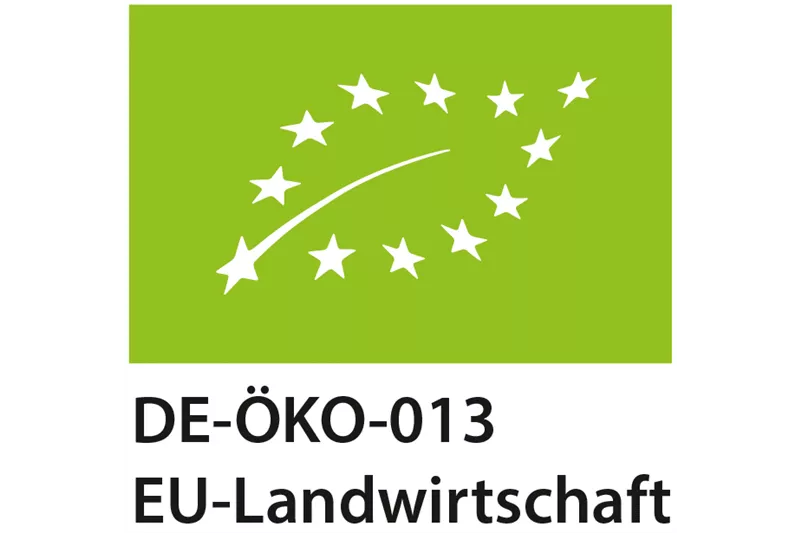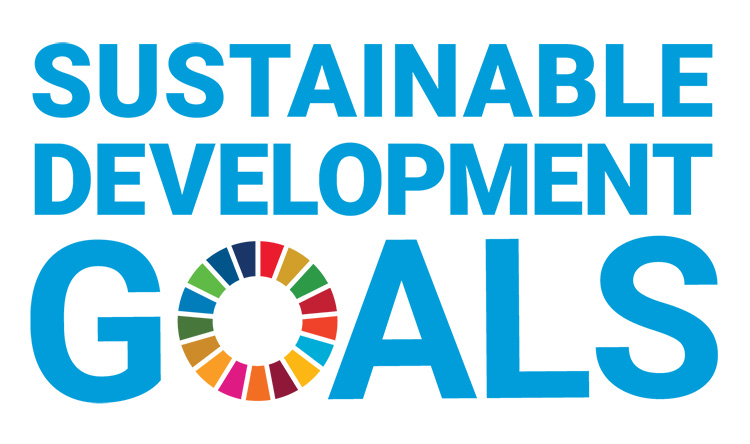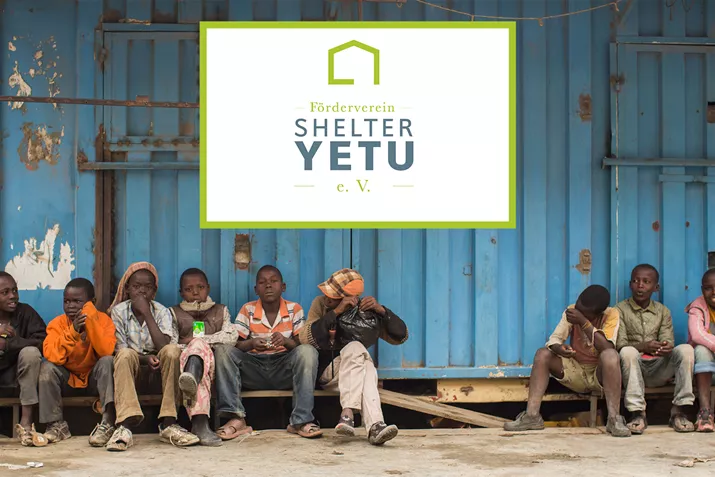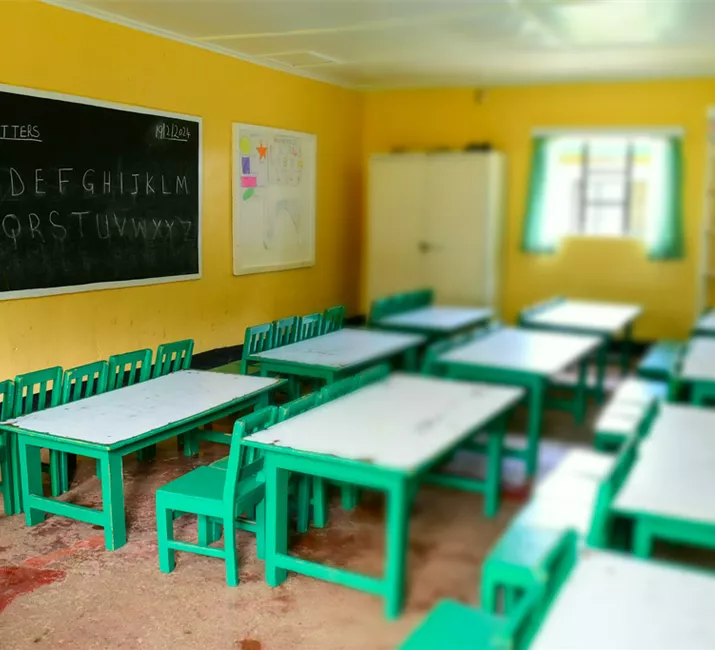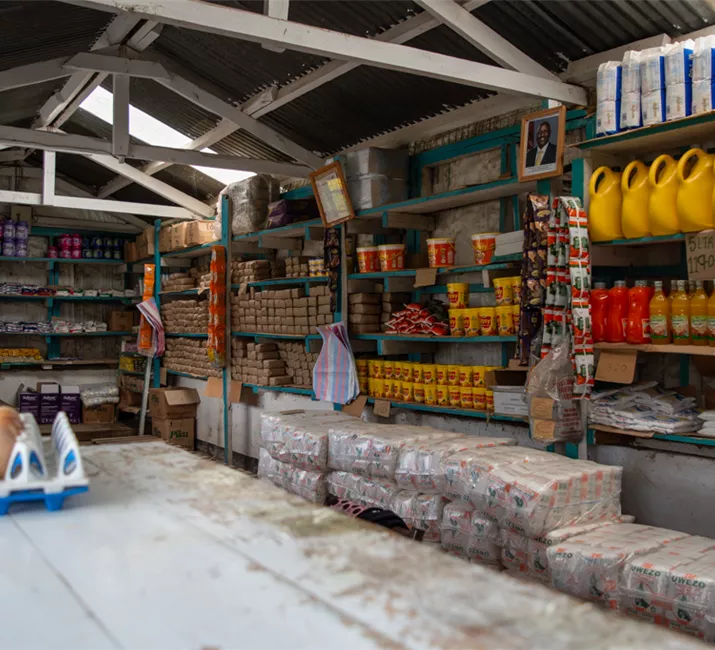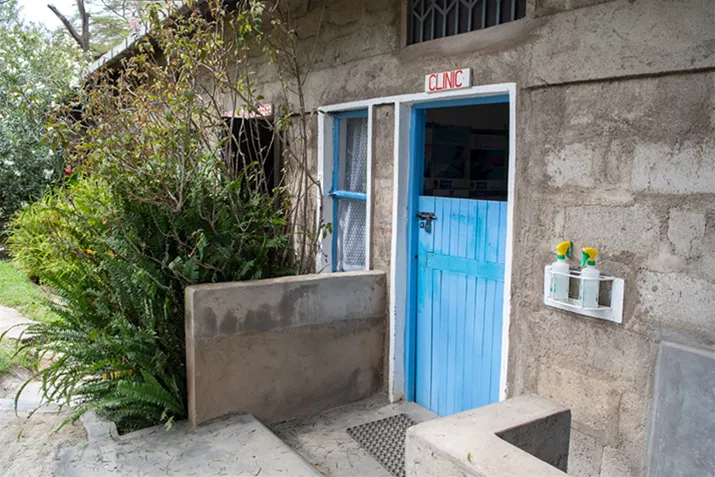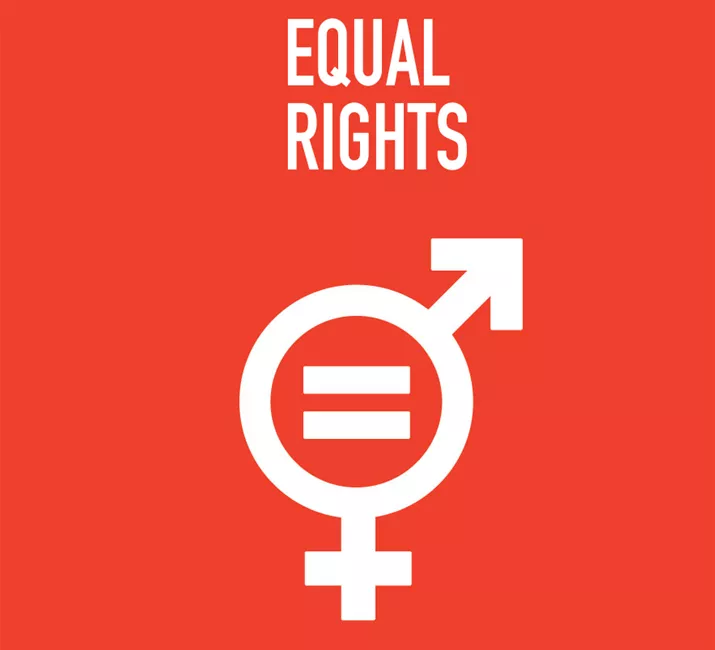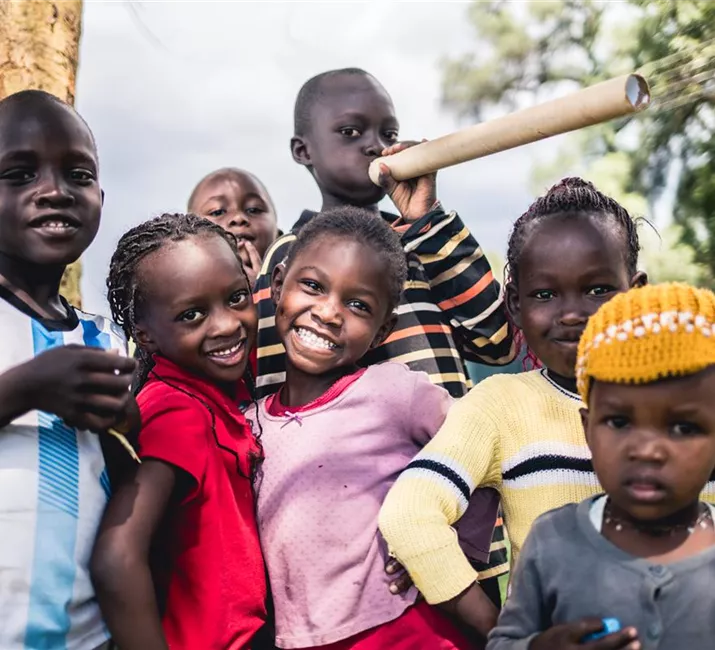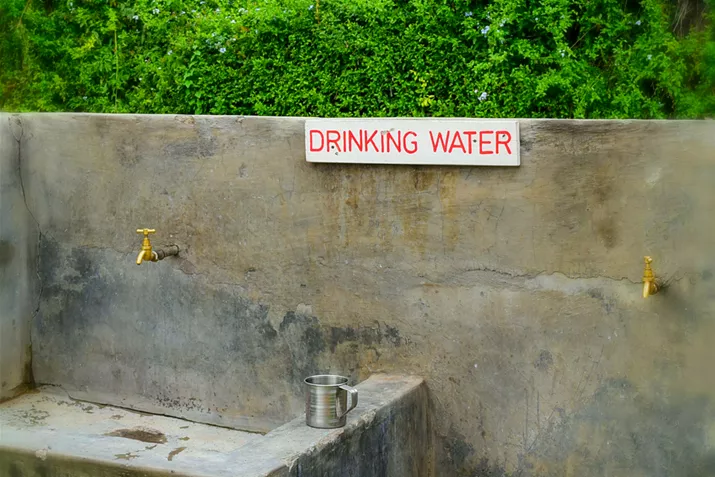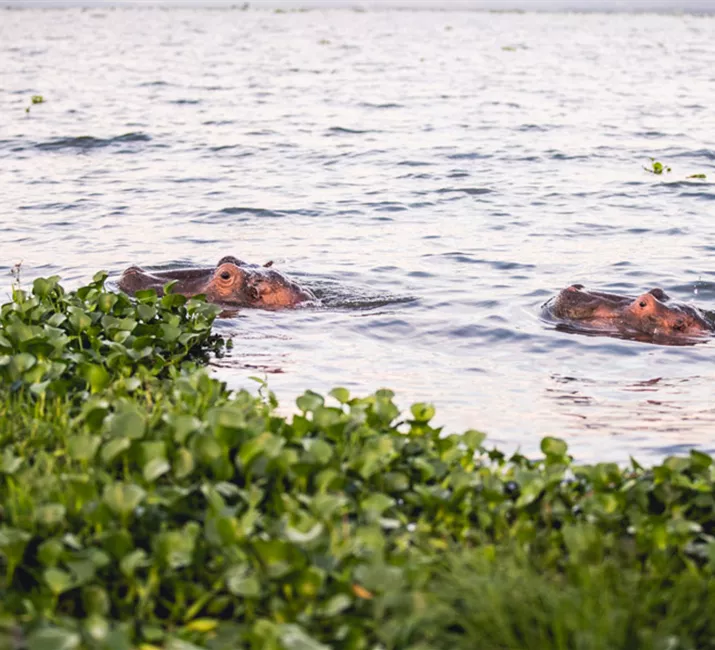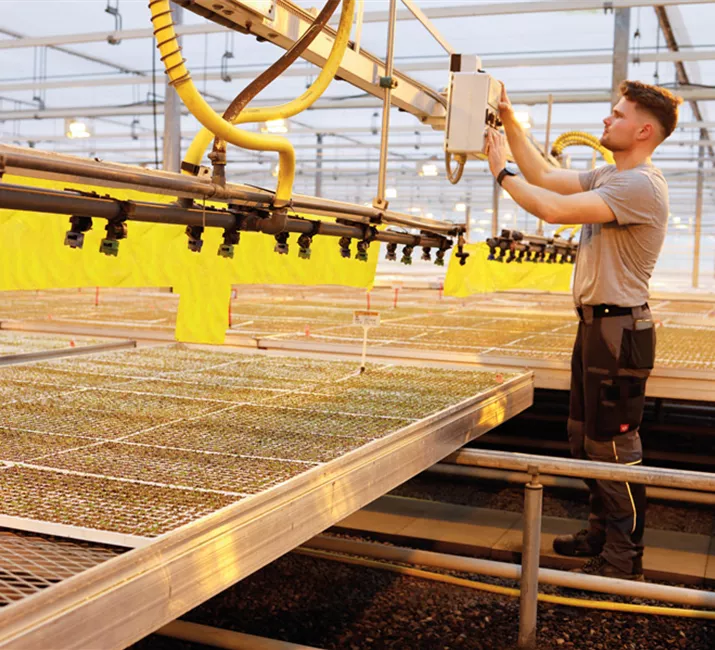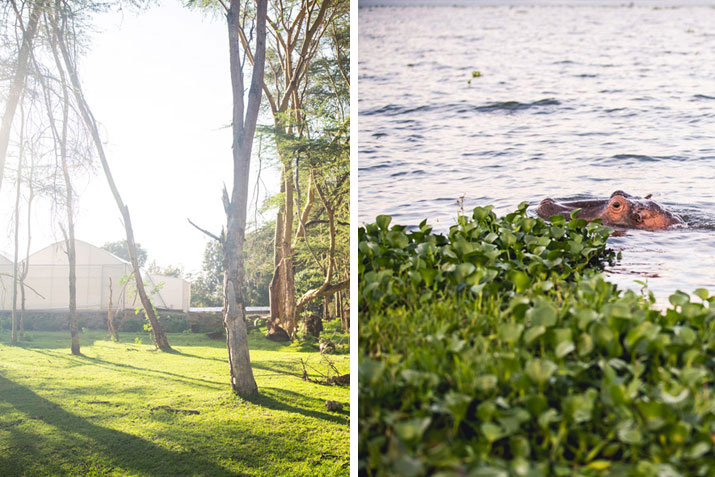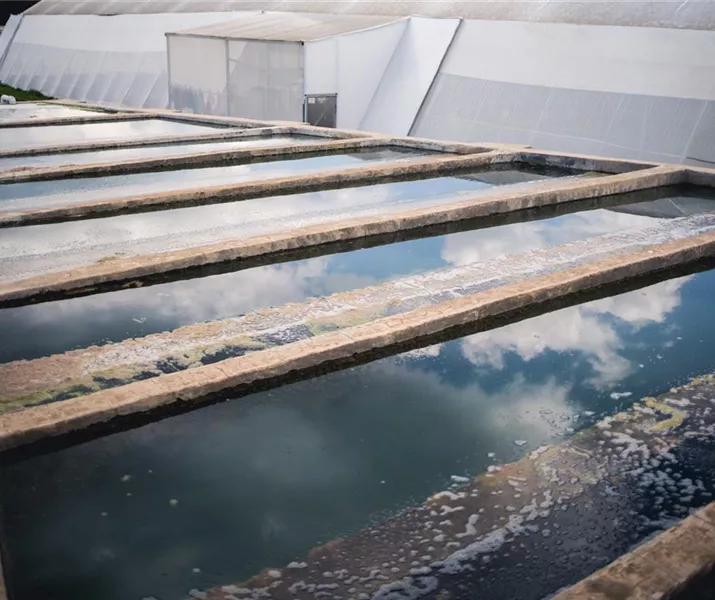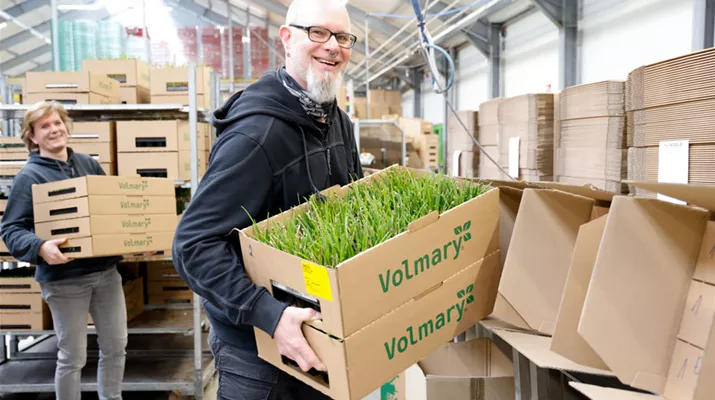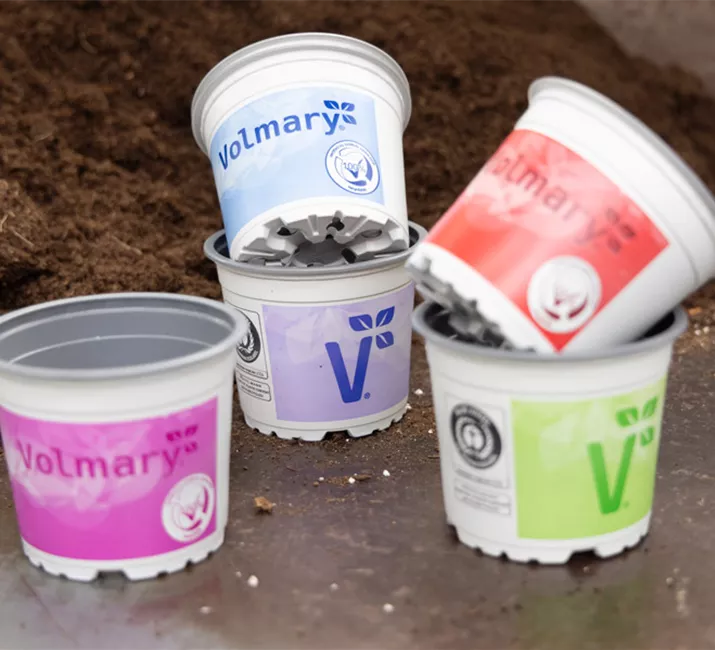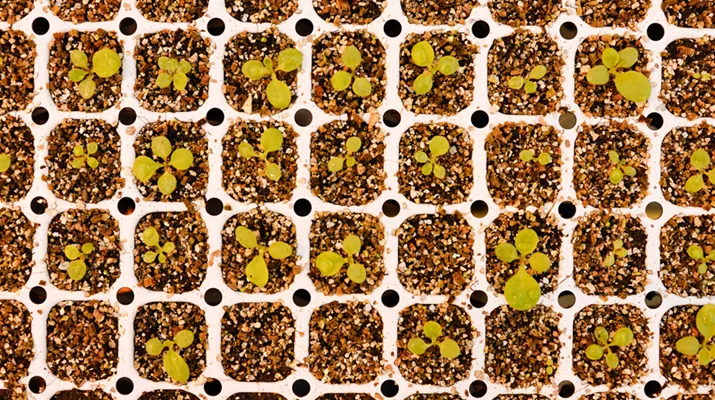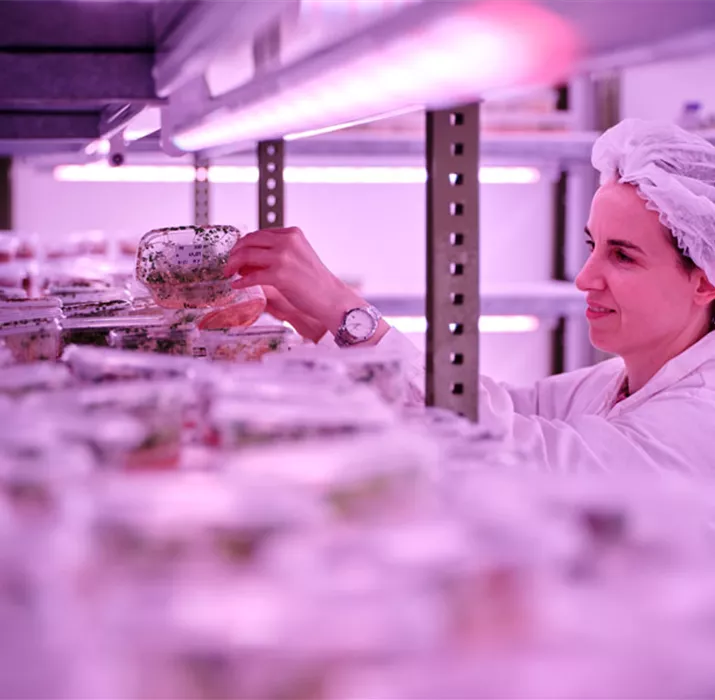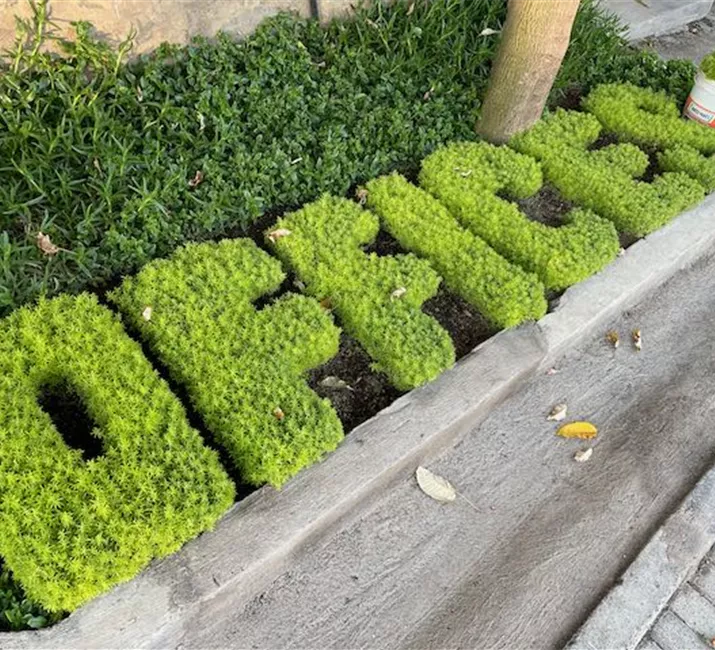These cookies are required for the functionality of our website and cannot be deactivated (e.g. session cookies).
Responsible company:
Volmary GmbH
Kaldenhofer Weg 70, 48155 Münster
Legal basis:
Die Einwilligung nach Art. 6 Abs. 1 S. 1 lit. c DSGVO, sowie §25 Abs. 2 Nr. 2 TDDDG.
Place of processing:
European Union
Purpose of data processing:
Compliance with legal obligations, storage of consent, basket and wishlist, user identification
Collected data:
Opt-in and opt-out data, referrer URL, user settings, consent, language, IP address
Data receiver:
Volmary GmbH
More on data protection at:
Privacy policy
| Name | Purpose | Duration |
|---|---|---|
| gs.ocs.session.id | Session cookie | 1 day |
| gs.ocs.identifier.user | User ID | 3 Month |
| gs.ocs.identifier.basket | Basket cookie and wishlist | 3 Month |
| gs.ocs.cookiemessageagreeed | Cookie settings | 1 Year |
These cookies help us to understand how visitors interact with our website by collecting and analyzing information. Depending on the tool, one or more cookies from the same provider are set.
Description of the services:
Google Analytics is a web analysis service and uses cookies to enable an analysis of the use of this website. The information generated by the cookie is usually transmitted to a Google server in the USA and stored there.
Processing company:
Google Ireland Limited
Google Building Gordon House, Barrow Street, Dublin 4, Ireland
Legal basis:
Consent according to Article 6 Paragraph 1 Clause 1 Letter a GDPR.
Place of processing:
European Union
Purpose of data processing:
Analysis for statistical purposes
Collected data:
Click path, date and time of visit, device information, location information, IP address, pages visited, referrer URL, browser information, host name, browser language, browser type, screen resolution, device operating system, interaction data, user behavior, visited URL, cookie ID
Transfer to third countries:
United States of America, Singapore, Chile, Taiwan
Data receiver:
Google Ireland Limited, Alphabet Inc., Google LLC
More on data protection at:
https://policies.google.com/privacy?hl=en
| Name | Purpose | Duration |
|---|---|---|
| _ga | This cookie is used to distinguish between users. | 2 Years |
| __utmb | This cookie is used to track the time of the visit. | Session duration |
| _gid | This cookie is used to identify the user. | 1 day |
| _gat | This is used to read and filter requests from bots. | 1 minute |
| __utma | This cookie is used to store the time and date of the first visit, the total number of visits and the start time of the current visit. | Session duration |
| __utmt | Used to throttle the polling rate. | 10 mins |
| __utmc | This cookie is used to store the time of the visit. | 30 minutes |
Marketing cookies are used to follow visitors on websites. The intent is to show ads that are relevant and engaging to the individual user and therefore more valuable to publishers and third party advertisers.
Description of the services:
Google Tag Manager is a tag management system that integrates tracking codes and associated code fragments from other tools (commonly referred to as tags) through a user interface.
Processing company:
Google Ireland Limited
Google Building Gordon House, Barrow Street, Dublin 4, Ireland
Legal basis:
The legitimate interests according to Art. 6 Para. 1 lit. f GDPR.
Place of processing:
European Union
Purpose of data processing:
Tag management
Collected data:
Aggregated data on tag triggering
Transfer to third countries:
United States of America, Singapore, Taiwan, Chile
Data receiver:
Google Ireland Limited, Alphabet Inc., Google LLC
More on data protection at:
https://support.google.com/tagmanager/answer/9323295?hl=en
Description of the services:
Elfsight ist ein Dienstanbieter, der anpassbare und codefreie Website-Widgets sowie umfangreiche Integrationsfunktionen bereitstellt. Es handelt sich um eine SaaS-Lösung (Software as a Service), die es uns ermöglicht, verschiedene Funktionen wie Social-Media-Feeds, Bewertungen, Chats und Formulare einfach einzubinden.
Processing company:
Elfsight LLC
0015, Armenia, Yerevan, Paronyana str., 19/3, 201, Armenia
Legal basis:
Consent according to Article 6 Paragraph 1 Clause 1 Letter a GDPR.
Place of processing:
Armenien
Purpose of data processing:
Verbesserung des Dienstes, Bereitstellung von Diensten
Collected data:
Übertragene Datenmenge, Browser-Informationen, Cookie-Informationen, Gerätebestriebssystem, Internetdienstanbieter, IP-Adresse, Referrer URL, Nutzungsdaten, Website-Interaktion
Transfer to third countries:
Armenien
Data receiver:
Elfsight, LLC
More on data protection at:
https://elfsight.com/privacy-policy/
| Name | Purpose | Duration |
|---|---|---|
| __cfduid | Wird verwendet, um die Sicherheit des Dienstes zu gewährleisten und vor böswilligen Besuchern zu schützen. | Session duration |
| _p_hfp_client_id | Wird verwendet, um soziale Plattformen auf der Website zu implementieren. Ermöglicht den sozialen Plattformen, die Benutzer zu verfolgen, indem ihnen eine bestimmte ID zugewiesen. | 1 day |
| session_id | Wird verwendet, um zu verhindern, dass die Ansichten der Widget-Besitzer gezählt werden. | Session duration |
 English
English  German
German Polish
Polish French
French Spanish
Spanish Italian
Italian Dutch
Dutch

